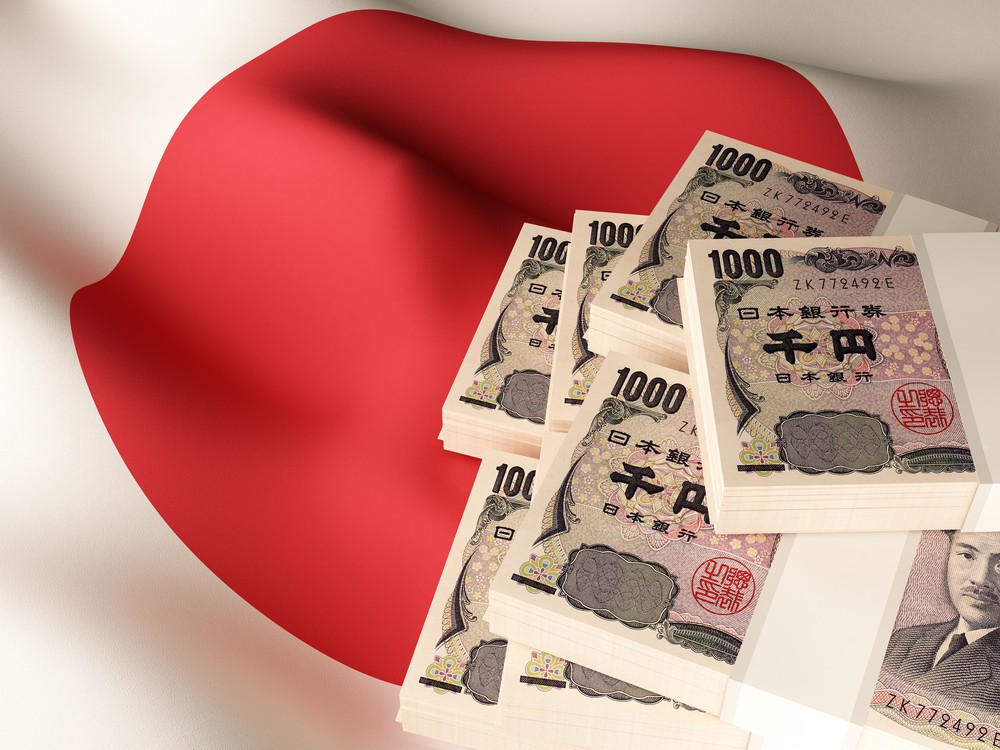Popular Reads
Top Results
Can't find what you're looking for?
View all search resultsPopular Reads
Top Results
Can't find what you're looking for?
View all search resultsJapanese SMEs seek wider entry into RI
Change text size
Gift Premium Articles
to Anyone
L
ike moths to a flame, Indonesia’s sheer market size continues to attract foreign players wanting to try their luck, including small and medium enterprises (SMEs) from Japan.
Japanese businessman Tsubasa Hoshino is very eager to expand his business to Indonesia. He currently runs information technology company Kek Rack System Co. Ltd. in Kawasaki Prefecture.
Hoshino said he wanted to know more about Indonesia’s IT systems market, which companies need solutions for their technological problems and what computer programs his company could offer to the country’s businesspeople.
Despite his excitement, Hoshino acknowledged that establishing a new business in Indonesia, which is one of Japan’s main trading partners, would not be as easy as falling off a log.
Professional workforce availability and competition with other bigger Japanese companies — that have already set foot here — are among his concerns because his company is considered an SME in Japan.
Ken Rack System was among five SMEs from Kawasaki that were invited by Small and Medium Enterprises Japan (SMEJ) and private lender Maybank Indonesia on Monday to introduce themselves to potential business partners in the country, including Japanese buyer and supplier companies that operate in Indonesia, as well as Indonesian supplier companies.
Yasunobu Shiraishi, chairman of SMEJ, which is an organization that acquaints Japanese SMEs to Indonesia, backed Hoshino’s concerns.
He said SMEs from Asia’s second largest economy still found it hard to venture into Indonesia because of the lack of thorough information on both the possibilities and challenges for their business ventures.
The SMEJ notes that there are at least three things that will play a key role for Japanese SMEs in their business venture decision; general information on production costs, the available workforce that can help grow their business and information related to financial backing.
Data from the SMEJ show that there are around 2,000 Japanese companies operating in Indonesia, 90 percent of which are SMEs that operate in several industrial sectors, such as manufacturing and home appliances.
However, Japanese SMEs’ efforts may not bear fruit anytime soon because the Indonesian government has stated that local SMEs are among its top development priorities as they account for more than 90 percent of the domestic workforce.
It has issued several economic stimulus packages, some of which contain incentives for SMEs, including affordable financing schemes and ease in licensing procedures.
Shiraishi said the SMEJ had been cooperating with the Association of Indonesian Employers (Apindo) and the Indonesian Chamber of Commerce and Industry (Kadin) for several years to gather “more information” on doing business in Indonesia.
Data from the Investment Coordinating Board (BKPM) reveal that realized investments from Japan stood at US$2.9 billion, the second highest, during the first half. In terms of trade, the country was listed as Indonesia’s number three export destination with exports worth $821.6 million in July, as well as number two for Indonesia’s imports with a value of $913.1 million.
Meanwhile, Maybank head of international strategic business Nancy Novita Helen said the event, which was also organized by the Japan External Trade Organization (JETRO), had served as a way for new business players from Japan to establish their network in Indonesia.
“Oftentimes SMEs from Japan know little regarding Indonesia from their fellow Japanese companies in Indonesia. Hopefully this event will create new business opportunities as we try to acquaint them with our customers.”
Maybank currently serves 485 Japanese companies and more than 3,500 Japanese expatriates as customers. It also has a Maybank Japan Desk to provide services, such as remittance and trade finance payments for its customers. (mos)










